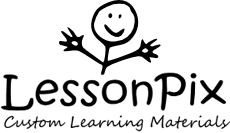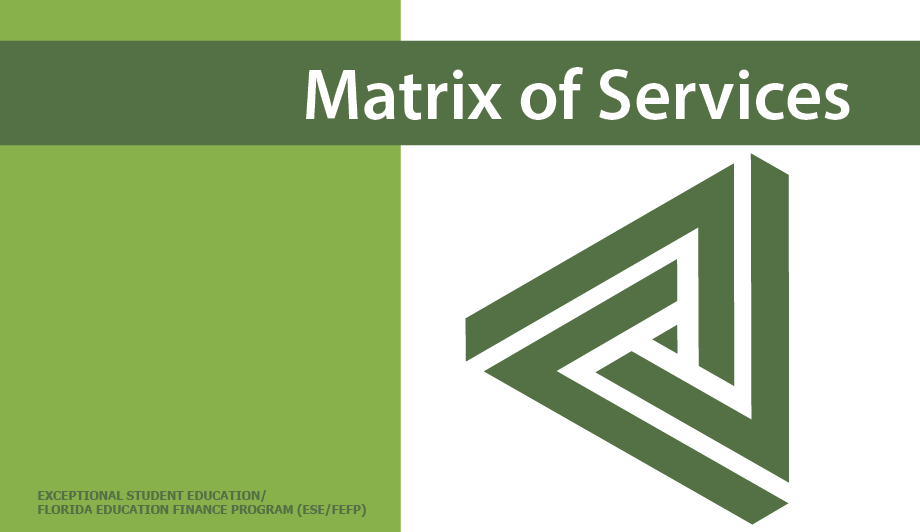|
Empty
Welcome
Visitor
Browse Courses
Sort by:
Default

NNG
Gifted Endorsement Course 1 of 5. Nature and Needs of Students Who Are Gifted is designed as a 60-hour course that includes participation in instructional activities, research, and extended learning outside of the classroom. Nature and Needs of Students Who Are Gifted provides an overview of the evolution of gifted education on the national, state, and local level. Major events affecting gifted education are described as well as major policies and procedures governing the delivery of gifted education. Cognitive, social, and emotional characteristics common to individuals who are gifted are identified along with strategies that can be used to meet the academic needs of different categories of students who are gifted.
More
 Starts:
1/6/2026
12:00 AM
Starts:
1/6/2026
12:00 AM
 Session:
Online
Session:
Online
 Credits:
60 Inservice Points and 1 Credit Type
Credits:
60 Inservice Points and 1 Credit Type
 Location:
Location:
 Status:
25 open seats left
Status:
25 open seats left
 Class size:
30 seats
Class size:
30 seats

CM
Join us for a professional learning opportunity to gain knowledge in implementing strategies that will reduce problem behaviors in the classroom. Participants will understand and be able to utilize 5 essential classroom practices to maximize structure, teach expectations and routines, increase student engagement, acknowledge appropriate behavior, and respond to inappropriate behavior. More Starts:
1/8/2026
8:30 AM
Starts:
1/8/2026
8:30 AM
 Session:
1
Session:
1
 Credits:
12 Inservice Points and 1 Credit Type
Credits:
12 Inservice Points and 1 Credit Type
 Location:
Location:
 Status:
20 open seats left
Status:
20 open seats left
 Class size:
20 seats
Class size:
20 seats

DA-W
Gain knowledge of disabilities and instructional strategies and practices through a variety of hands-on activities and simulation. Participants will also learn how to be sensitive to the distinct needs of students with identified disabilities, and foster appropriate interaction within the school community.
More
 Starts:
1/20/2026
8:30 AM
Starts:
1/20/2026
8:30 AM
 Session:
1
Session:
1
 Credits:
6 Inservice Points and 1 Credit Type
Credits:
6 Inservice Points and 1 Credit Type
 Location:
Location:
 Status:
24 open seats left
Status:
24 open seats left
 Class size:
25 seats
Class size:
25 seats

MTRX
This course enables educators to develop, increase and demonstrate knowledge about the Matrix of Services. Content and activities examine the requirements for matrix completion and provide the opportunity to accurately complete a matrix for students with disabilities. The course identifies how student educational needs and services impact the matrix funding document.
More
 Starts:
1/21/2026
8:30 AM
Starts:
1/21/2026
8:30 AM
 Session:
1
Session:
1
 Credits:
10 Inservice Points and 1 Credit Type
Credits:
10 Inservice Points and 1 Credit Type
 Location:
Location:
 Status:
21 open seats left
Status:
21 open seats left
 Class size:
25 seats
Class size:
25 seats
MSI
With each sense engaged in learning, the brain is given additional opportunities to encode and integrate information. Students who learn and think differently benefit from various approaches, including multisensory strategies. This session will discuss methods educators can implement to engage multiple senses in the learning process.
More
 Starts:
1/22/2026
8:30 AM
Starts:
1/22/2026
8:30 AM
 Session:
1
Session:
1
 Credits:
12 Inservice Points
Credits:
12 Inservice Points
 Location:
Location:
 Status:
20 open seats left
Status:
20 open seats left
 Class size:
20 seats
Class size:
20 seats

IntStrat
Utilize PowerPoint as an effective classroom tool to engage students in the curriculum. Produce and use game templates and a new feature for building interactive activities to provide practice and reinforcement of skills for all students, specifically students with disbilities.
More
 Starts:
1/27/2026
9:00 AM
Starts:
1/27/2026
9:00 AM
 Session:
1
Session:
1
 Credits:
20 Inservice Points and 3 Credit Type
Credits:
20 Inservice Points and 3 Credit Type
 Location:
Location:
 Status:
14 open seats left
Status:
14 open seats left
 Class size:
20 seats
Class size:
20 seats

LPX
Learn to utilize LessonPix to create visual supports to help differentiate instruction and to support struggling learners and students with identified disabilities in the areas of comprehension, communication, behavior, organization, and participation in school and home routines.
More
 Starts:
2/11/2026
12:00 PM
Starts:
2/11/2026
12:00 PM
 Session:
1
Session:
1
 Credits:
10 Inservice Points and 3 Credit Type
Credits:
10 Inservice Points and 3 Credit Type
 Location:
Location:
 Status:
25 open seats left
Status:
25 open seats left
 Class size:
30 seats
Class size:
30 seats

EF
This course demonstrates a student-centered approach to building executive functioning skills in which educators first explore eight key “ingredients” with the student. Learn step-by-step explanations of how you can work with your students to explore and use these ingredients in deferent ways and different combinations to successfully address particular areas of difficulty.
More
 Starts:
2/17/2026
9:00 AM
Starts:
2/17/2026
9:00 AM
 Session:
1
Session:
1
 Credits:
6 Inservice Points and 3 Credit Type
Credits:
6 Inservice Points and 3 Credit Type
 Location:
Location:
 Status:
13 open seats left
Status:
13 open seats left
 Class size:
20 seats
Class size:
20 seats

MTRX
This course enables educators to develop, increase and demonstrate knowledge about the Matrix of Services. Content and activities examine the requirements for matrix completion and provide the opportunity to accurately complete a matrix for students with disabilities. The course identifies how student educational needs and services impact the matrix funding document.
More
 Starts:
2/18/2026
8:30 AM
Starts:
2/18/2026
8:30 AM
 Session:
1
Session:
1
 Credits:
10 Inservice Points and 1 Credit Type
Credits:
10 Inservice Points and 1 Credit Type
 Location:
Location:
 Status:
23 open seats left
Status:
23 open seats left
 Class size:
25 seats
Class size:
25 seats

UDLN-B
This book study provides practical insights and savvy strategies for helping all learners meet high standards using the principles of Universal Design for Learning (UDL). UDL is a framework for inclusive education that aims to lower barriers to learning and optimize each individual’s opportunity to learn. Novak shows how to use the UDL Guidelines to plan lessons, choose materials, assess learning, and improve instructional practice. Novak discusses key concepts such as scaffolding, vocabulary-building, and using student feedback to inform instruction. She also provides tips on recruiting students as partners in the teaching process, engaging their interest in how they learn. UDL Now! is a fun and effective Monday-morning playbook for great teaching.
More
 Dates:
Course runs February 18 through May 6, 2026 online
Dates:
Course runs February 18 through May 6, 2026 online
 Credits:
20 Inservice Points and 3 Credit Type
Credits:
20 Inservice Points and 3 Credit Type
 Location:
Location:
 Status:
26 open seats left
Status:
26 open seats left
 Class size:
30 seats
Class size:
30 seats
SSSE
Participants will learn and implement a variety of strategies shown to increase student engagement and motivation. Participants will use the latest research to develop an action plan for use with students.
More
 Starts:
2/19/2026
8:30 AM
Starts:
2/19/2026
8:30 AM
 Session:
1
Session:
1
 Credits:
8 Inservice Points
Credits:
8 Inservice Points
 Location:
Location:
 Status:
18 open seats left
Status:
18 open seats left
 Class size:
20 seats
Class size:
20 seats

A11Y
Learn how to create and edit documents using universal design principles. This session will also provide a host of scaffolding ideas and tips to create accessible documents and assessments to meet the needs of struggling readers and writers and those identified with a disability that can be used to support the MTSS/RTI model.
More
 Starts:
2/24/2026
9:00 AM
Starts:
2/24/2026
9:00 AM
 Session:
1
Session:
1
 Credits:
12 Inservice Points
Credits:
12 Inservice Points
 Location:
Location:
 Status:
18 open seats left
Status:
18 open seats left
 Class size:
20 seats
Class size:
20 seats
|
|||||||||||||||||||||||||||||||

